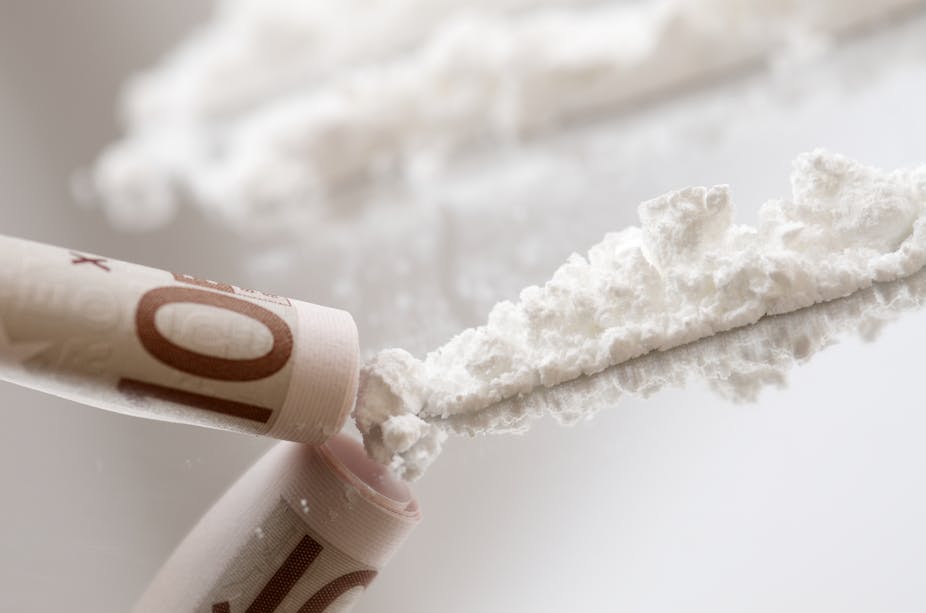Until the 1990s, Europeans viewed themselves to be generally unaffected by the activities of organised crime, with the notable exception of Italy and, to a minor extent, Germany. But now, Europol’s recently published European Union Serious and Organised Crime Threat Assessment has identified that organised crime is increasing across the continent. The threats posed by illicit trading have been fuelled by the continuing financial crisis. Within the European Union fraud, human trafficking, illegal immigrant smuggling, counterfeit goods, synthetic drugs, cybercrime and money laundering are all identified as the priority threats.
Europol identifies 3,600 organised crime groups operating within the European marketplace. This is a questionable figure, considering that in 2011 the UK Home Office claimed that approximately 6,000 organised crime groups were active in the UK. Unless there has been an inconceivable apprehension of 2,400 UK-based organised crime groups, there continues to be long-running discrepancies in how we decide what counts as organised crime.
Organised crime threat assessments have been heavily criticised by a band of criminologists concerns about such ambiguous conceptualisations of the term “organised” crime, of the “threats” organised criminals pose, and of the associated risks proposed by governments and Europol on an annual basis. As the above disparity in the quantifying of organised crime reveals, the numbers just don’t appear to add up.
The Europol report refers to the perceived advent of a “new breed” of criminal entrepreneur emerging from the shadows of the sombre financial climate. Across the EU a wide range of intermediaries are ready to cash in on European citizens’ desires for contraband merchandise, cheap labour, warm bodies, get-rich-quick schemes and mind-altering substances.
A significant concern identified by Europol centres around the proceeds of crime and money laundering. Europol claims: “Illicit financial services providers are emerging in the form of unsupervised payment platforms and banks.” Yet such dirty cash has been recognised as providing liquidity during the global financial melt-down. Drug money which had been laundered came to be viewed as the only viable liquid investment capital to many within the banking system.
In 2009, Antonio Maria Costa, Head of the UN Office on Drugs and Crime claimed: “Inter-bank loans were funded by money that originated from the drugs trade and other illegal activities … There were signs that some banks were rescued that way.”
This newly alleged “species” of organised criminal groupings, engaging in fundamentally entrepreneurial practices operate within a framework of what, sociologist Dick Hobbs refers to as “unlicensed capitalism”.
In Hobbs’ study of cosmopolitan crime, Lush Life: Constructing Organised Crime in the UK, he reveals that those “organised” criminal commodity providers supply a range of goods and services, for example, counterfeit goods and forged money, drugs and bootlegged cigarettes. For countless EU citizens, engagement with the black market becomes a regular commonplace activity. As Hobbs writes: “Many of the residents enthusiastically participate in one of the few segments of market society that is accessible to them, which in turn is closely related to that of its legal free market equivalent, both being driven by insatiable demand.”
The limitless consumer demands for the illicit, cheap, untaxed and unregulated commodities in this age of austerity will undoubtedly enhance criminal activity within a voracious marketplace. Countless numbers, at both ends of the supply-demand chain, will continue to adapt and attempt to manipulate global capitalism for their own purposes. Organised crime groups, whatever risks they pose and however many there are operating within the EU, will be ready to step in to supply the insatiable demands of the market.

